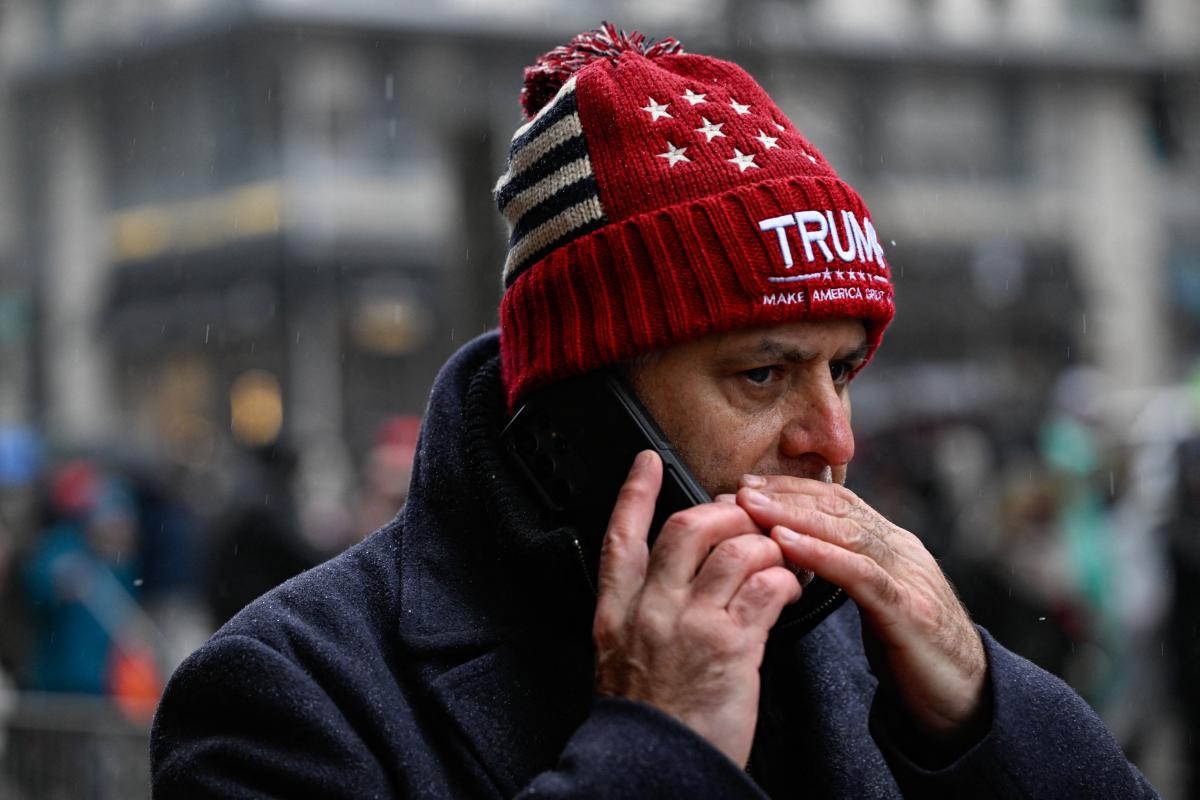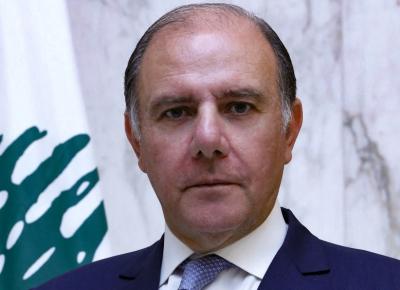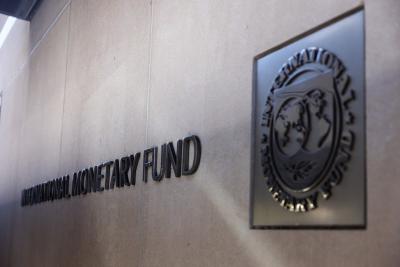In early November, the governor of the Bank of France, François Villeroy de Galhau, issued a stark warning: "A Trump administration likely means more protectionism, which translates to higher inflation—at least in the United States—and, in principle, slower growth worldwide." But could Donald Trump’s return to power trigger a global inflationary wave?
This economic outlook hinges on three key factors, each of which—when taken separately—has inflationary potential.
Tariffs and Trade Wars: A Recipe for Inflation
One of Trump's flagship economic policies is the imposition of massive import tariffs. These could range from 10% to 20% on all imported goods, regardless of origin, and up to 60% for Chinese products. While some economists believe these tariffs may never be fully implemented, they serve as bargaining chips in broader trade negotiations. For instance, Mexico has already begun tightening its immigration policies to appease Washington.
Strict Immigration Policies and Rising Wages
A second inflationary factor stems from Trump's stance on immigration. The U.S. is already grappling with labor shortages, and stricter immigration controls would further reduce the available workforce. Fewer workers mean higher wages, which in turn push up production costs, leading to increased consumer prices.
Tax Cuts and Budget Deficits
Trump has also pledged sweeping tax cuts, particularly for businesses. While these measures could help offset rising labor costs, they also risk fueling inflation. A proposed reduction in corporate tax—from 21% to 15%—would widen the budget deficit and drive up interest rates, further exacerbating inflationary pressures.
According to some experts, if Trump fully implements his economic campaign promises, U.S. inflation could surge to 6% and 9% within the first year of his return to the White House.
A Global Ripple Effect?
However, the impact of "Trumpflation" may not be confined to the U.S. Higher tariffs and trade barriers could hit Europe hard. France’s projected 0.9% growth in 2025 could be jeopardized, while Germany, already struggling with an economic downturn, may find it even harder to recover from recession. Moreover, rising U.S. interest rates would have a cascading effect on global markets, further straining economies worldwide.
As Trump eyes a return to Washington, the world watches with a mix of apprehension and uncertainty. China, anticipating economic turbulence, is bracing for impact. The evolving U.S.-China standoff will likely dictate whether the global economy stabilizes or spirals into volatility.
 French
French














